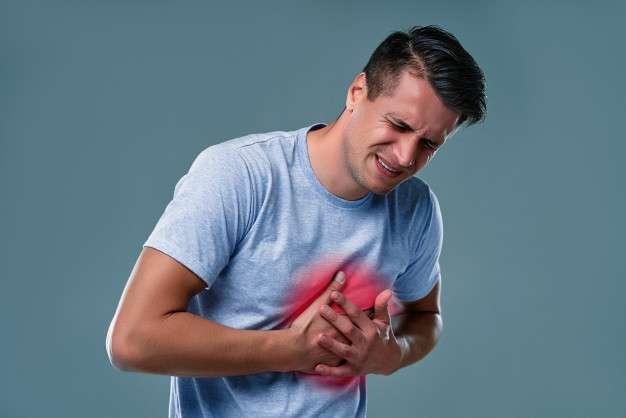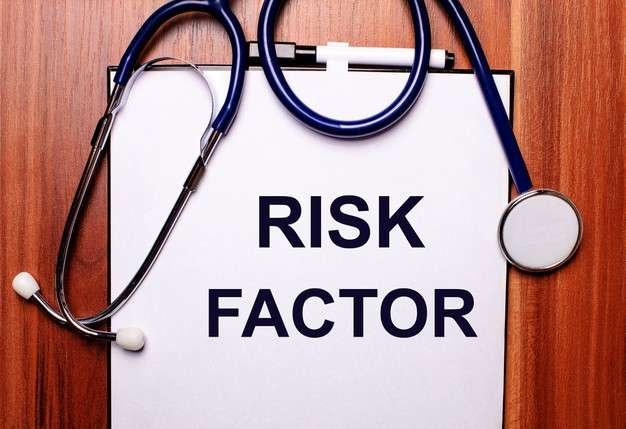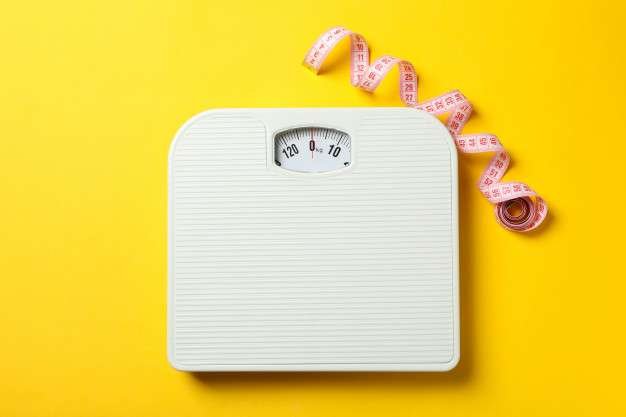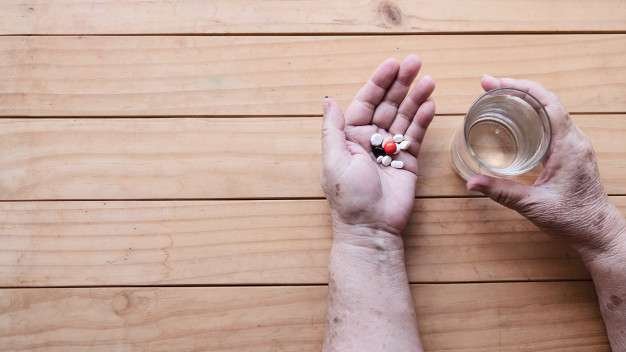I hope everyone is safe and sound, and during Covid-19, most people don't care about their health; they eat food and go to bed, and most importantly, they don't work. This has a variety of negative effects on our health, one of which is heart failure.

Cardiovascular breakdown is a real occurrence, and there isn't anything that can be done about it. When the disease is treated with cardiovascular breakdown medications and healthy lifestyle improvements, however, many people with cardiovascular breakdown live a complete and happy life. It's also helpful to enlist the support of family members who are familiar with your situation.
The word "cardiovascular collapse" means that the heart has stopped functioning entirely and that nothing can be done. In fact, cardiovascular breakdown means the heart isn't siphoning as efficiently as it should. Congestive cardiovascular breakdown is a form of cardiovascular breakdown that necessitates optimal clinical attention, though the two words are often used interchangeably.
The heart's siphoning operation is responsible for transporting oxygen- and supplement-rich blood to the body's cells. When the cells are properly supported, the body will function on a regular basis. The debilitated heart can't supply enough blood to the cells due to cardiovascular breakdown. This causes fatigue and windedness, as well as hacking in some people. Regular activities such as walking, ascending stairs, or transporting goods can become extremely difficult.
"The main thing I say to individuals determined to have cardiovascular breakdown is this: Be consoled that your heart isn't coming up short. The name "cardiovascular breakdown" doesn't precisely mirror the genuine meaning of this condition, which is basically that your heart isn't siphoning blood just as it ought to. With brilliant way of life decisions and treatment, you can carry on with a solid life."
Honesty and openness with your doctor are important.

"Create an open partnership with your primary care physician. They need to know how you're doing, how much you can do, and if you're taking your medications as prescribed. Being transparent and frank with them helps them to see how you're doing and assess the best care options for you.
Recognize and monitor the danger factors as you move through this infection to gain control.

Reduce your cholesterol, limit your salt intake, keep an eye on your blood sugar, stop smoking, limit your alcohol intake, and maintain a healthy workout routine. Your vendors, family, and companions will help you live with cardiovascular breakdown by working together."
Exercise Helps You Feel Better;

"You might feel exhausted or slow, but exercise will help. Walking, for example, is a gentle vigorous exercise that helps the body use oxygen more efficiently and improves blood flow. Extending and strengthening practices are also permissible. Discuss an activity schedule with your primary care physician.
Watch your water

"Your body retains liquid as a result of cardiovascular breakdown, which irritates you and makes your heart function less efficiently. Reduce the amount of liquids you drink and the amount of salt you consume. If your primary care physician advises it, take diuretics. Recognize your current weight and keep an eye out for any noticeable weight gain, particularly if it occurs quickly. If you find a difference, inform your PCPs so they can alter your care."
Make it easy to keep track of your weight.

To gauge yourself first thing in the morning, keep a scale in the bathroom and scribble it down in a note pad or on your tablet. It's critical to get a precise weight, so be patient: Use the same scale every day, and make sure the insides and bladder are empty before getting on. If you experience a 2- to 3-pound weight gain for the time being or 5 pounds in seven days, call your primary care physician."
Using a Pillbox and a Timer to see what you might come up with

"We're so lucky to have so many medications now that help the heart heal and keep you feeling fine. However, keeping track of each and every one of them can be challenging. To start, obtain a pillbox. If you have twice-daily prescriptions, get one with a.m. and p.m. openings. Create a timer to remind you to take them. Doing them at the same time as any habit you already have, such as brushing your teeth, will help you remember them."